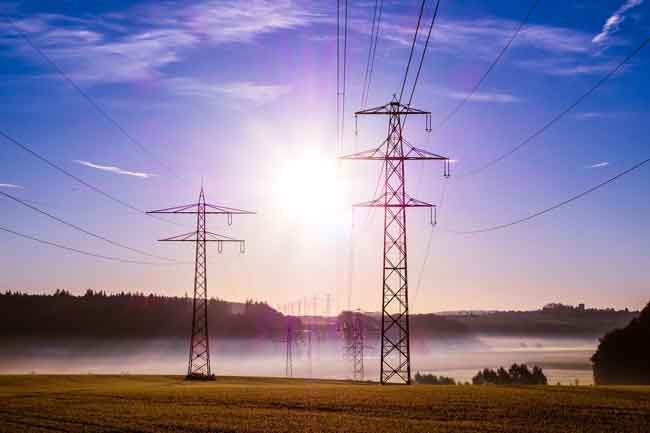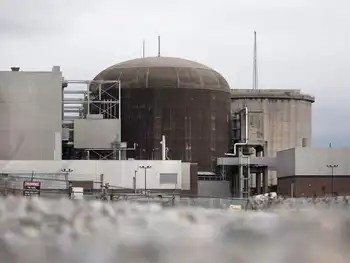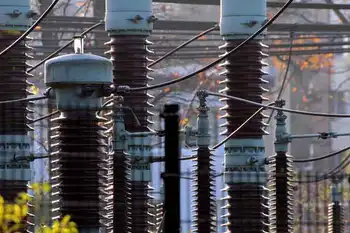Pocono takes green flag in solar energy
The track unveiled plans for a three-megawatt solar farm which will power all their energy needs and support the local energy grid. It's the largest renewable energy project in the world for a sports facility.
"We won't have an electric bill," Pocono Raceway president Brandon Igdalsky said.
The $17 million project will see nearly 40,000 photovoltaic modules, or, solar panels, spread over approximately 25 acres of land formerly used as parking lots. The project is set to be completed by the spring of 2010.
Igdalsky said the project will not only satisfy Pocono Raceway's energy needs, it can also power nearly 1,000 homes and lower carbon dioxide emissions by 5,100 tons every year. Pocono officials started looking into the switch nearly three years ago because of soaring electric bills. Deregulation only threatened steeper increases over the years.
Owner Joseph Mattioli said the track can farm out the remaining megawatts of energy off whatever is left after they power the track.
"It's a money-making thing, also," Mattioli.
Mattioli and his grandson, Igdalsky, were among the participants of a rainy groundbreaking ceremony. Igdalsky said the track did apply for a $1 million state grant. Pocono will be the only sports facility in the world to generate clean renewable energy on site, offsetting its annual electricity consumption.
The track, located within 90 miles of New York and Philadelphia, hosts two Cup races annually. Pocono Raceway is working with enXco and Evolution Energies to complete the project.
Related News

Hungary's Quiet Alliance with Russia in Europe's Energy Landscape
MOSCOW - Hungary's energy policies have positioned it as a notable outlier within the European Union, particularly in the context of the ongoing geopolitical tensions stemming from Russia's invasion of Ukraine. While the EU has been actively working to reduce its dependence on Russian energy sources, Hungary has maintained and even strengthened its energy ties with Moscow, raising concerns about EU unity and the effectiveness of sanctions.
Strategic Energy Dependence
Hungary's energy infrastructure is heavily reliant on Russian supplies. Approximately 85% of Hungary's natural gas and more than 60% of its oil imports originate from Russia. This dependence is facilitated…




